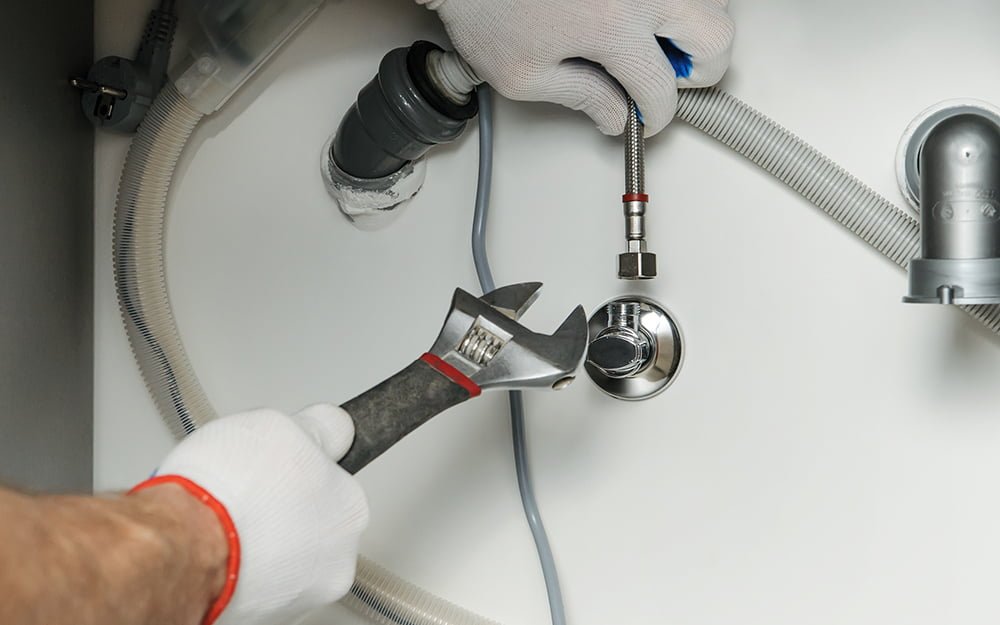Freezing water lines in a refrigerator can be a surprisingly frustrating issue, leading to a lack of ice or even water leakage that could damage your kitchen. At TheKitchenApplianceDad.com, we understand the importance of maintaining your refrigerator in top working condition, and today we’re tackling a common problem that many homeowners face: frozen water lines in their fridge.
Before we delve into solutions, it’s crucial to understand why refrigerator water lines freeze. Typically, this occurs when the temperature in the water supply line drops below freezing. This can happen if the fridge is set too cold, or if the lines are situated in an unusually cold part of the house, like against an exterior wall in winter.
The first step in preventing your refrigerator water lines from freezing is to check the appliance’s temperature settings. The ideal temperature for the fridge is between 37°F and 40°F. The freezer section should be at 0°F. Setting temperatures lower than these recommendations can lead to freezing issues.
Ensure that your refrigerator and its water lines are properly installed. Water lines should not run through unheated spaces or along exterior walls where they are more susceptible to freezing temperatures. If relocation of the lines isn’t possible, consider insulating them.
Wrapping the water lines with pipe insulation can significantly help prevent freezing. This foam tubing is inexpensive and easy to install. It’s available at most hardware stores and can be a simple DIY fix to this common problem. For added protection, use insulation tape at the joints and bends for a more secure fit.
For those experiencing severe and frequent freezing, a water line heater might be a suitable investment. These heaters are specifically designed to prevent water lines within refrigerators from freezing. They are relatively easy to install and can be a permanent solution to the problem.
If your refrigerator water lines have already frozen, here’s how you can safely thaw them:
Firstly, ensure your refrigerator is unplugged or disconnected from the power source. This is a safety measure to prevent any electrical accidents.
You can usually locate the frozen part by feeling the water lines for particularly cold sections. In many cases, the frozen part will be where the line enters the refrigerator or at the bends.
Use warm water to thaw the line. You can soak a towel in warm water and wrap it around the frozen section, or use a bottle filled with hot water and gently apply it to the area. Never use boiling water as it can damage the lines.
Using a hair dryer set on low heat can help thaw the line slowly. Keep the dryer moving back and forth along the frozen section to evenly distribute the heat. Avoid setting the dryer on high as it could damage the line.
Once you’ve managed to thaw the line, check for leaks. Freezing can sometimes cause tiny cracks or breaks in the line. If you find any leakage, it may be necessary to replace the affected section of the line.
To keep your refrigerator’s water lines in good condition and prevent future issues, consider the following tips:
By following these tips and tricks, you should be able to prevent your refrigerator water lines from freezing and keep everything running smoothly. Remember, taking proactive steps can save you from the hassle and expense of dealing with frozen water lines down the line. Stay cool and keep your refrigerator’s water flowing all year round!

